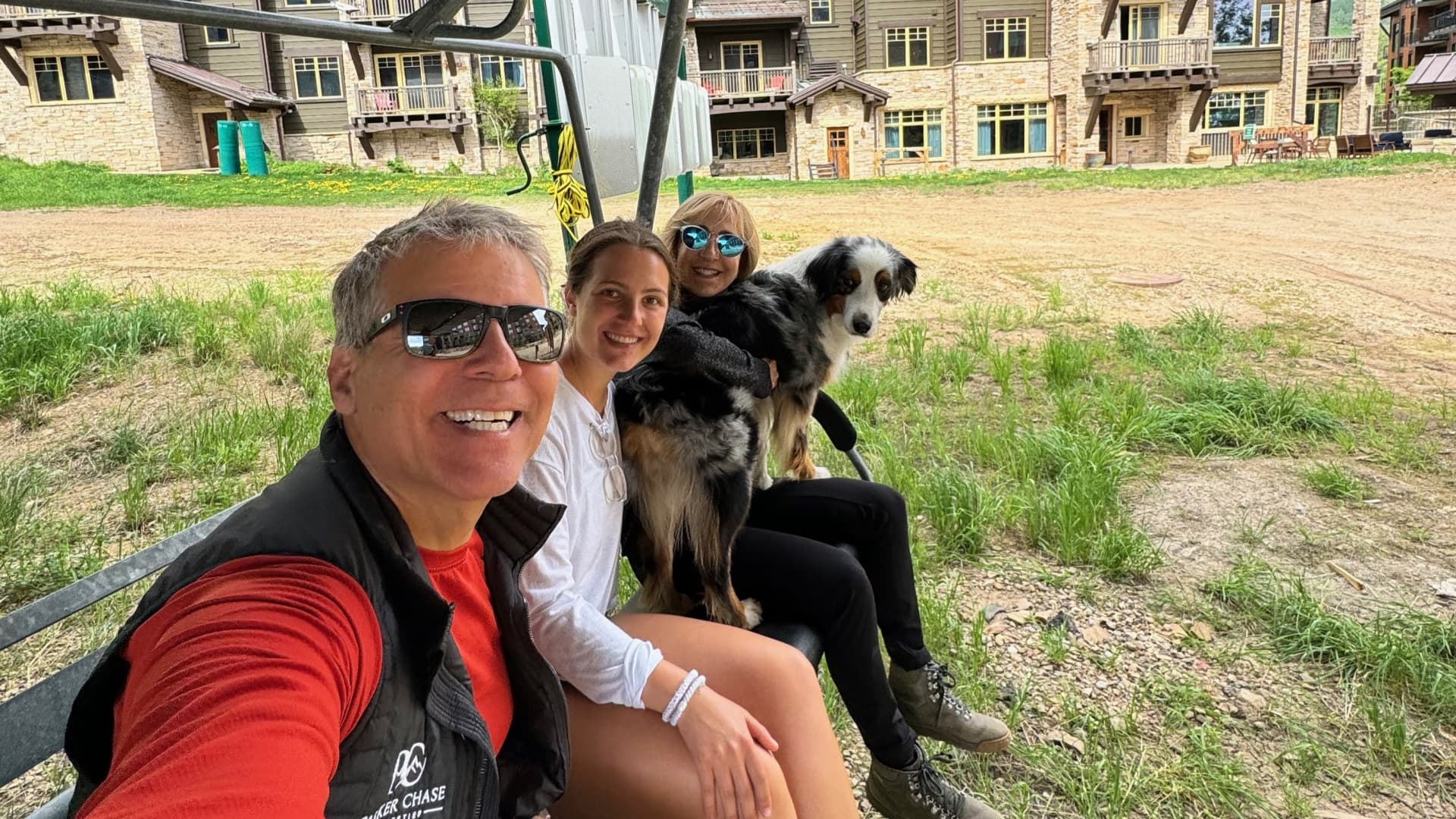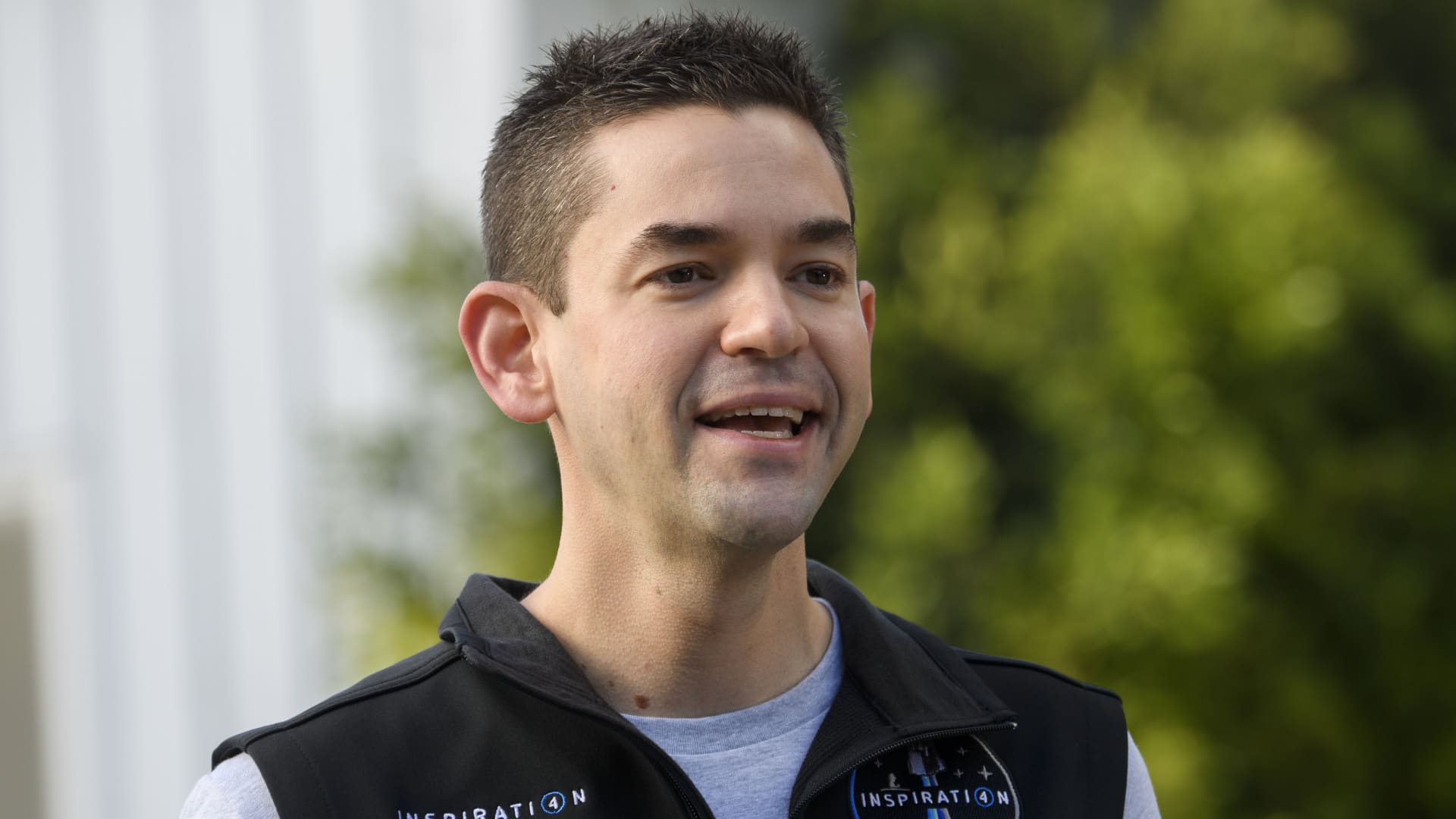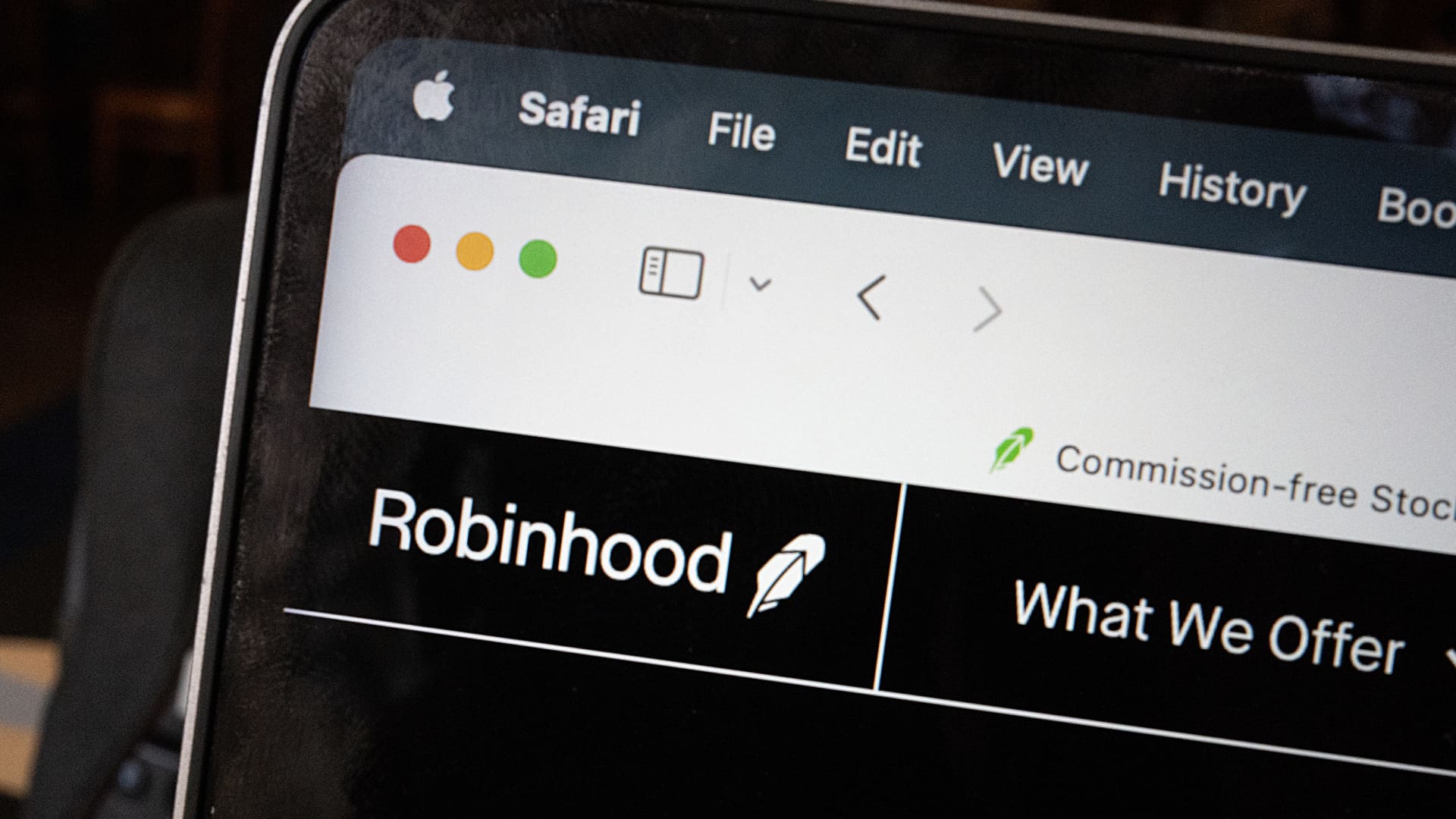This story is part of CNBC Make It’s Six-Figure Side Hustle series, where people with lucrative side hustles break down the routines and habits they’ve used to make money on top of their full-time jobs. Got a story to tell? Let us know! Email us at AskMakeIt@cnbc.com.
Steve Barsh didn’t set out to become a property manager. He just wanted to rent out his vacation home.
In 1999, three years after Barsh sold his software company SECA, he and his wife Amber Salzman bought a $820,000 three-bedroom condo in Old Town — a historic mining neighborhood in Park City, Utah — complete with a nearby ski lift up the nearly 7,000-foot mountain looming behind the building.
They stayed there on vacations, renting it out after they returned home to Philadelphia, Brash says. After two years, Barsh — frustrated at coughing up 40% of the rental earnings to pay a local property manager — started managing the short-term rentals himself, he says.
Today, the 59-year-old owns and runs property management company Parker Chase Properties, which brought in $1.27 million in revenue from bookings on VRBO, Airbnb and travel software platform Hospitable last year, according to documents reviewed by CNBC Make It. (Barsh is an investor in Hospitable, according to the company.)
He pockets 40 to 50% of his side hustle’s revenue as profit, he estimates.
DON’T MISS: The ultimate guide to earning passive income online
Parker Chase manages five condo rentals, including four that Barsh and his wife own. They spent a total of roughly $6 million to buy three of them in 2019, with $100,000 down payments for each, funding the purchases largely through money his wife took home from a biotechnology company acquisition, Barsh says. They bought the fourth after selling their original condo in in 2023, he adds.
The median Parker Chase rental for March 2025 currently costs $3,390 per night, according to the company’s website. Barsh manages the properties, along with a housekeeper and a backup manager who steps in when he’s out of the country, he says.
He uses artificial intelligence tools to draft and schedule messages to guests, and program lock codes to automatically set themselves to guests’ phone numbers — allowing him to only work one or two hours per day on Parker Chase, he says. He’s a startup investor by day: a venture partner at nonprofit accelerator Inception Studio, and an advisor to organizations and CEOs ranging from SeatGeek to NASA, he says.
Here, Barsh discusses how other people can follow in his footsteps, how he identifies his perfect guests and the startup lessons that made his side hustle successful.
CNBC Make It: Not everyone has large sums of capital to invest in a side hustle. Do you think Parker Chase’s success is replicable for other people?
Barsh: I think it’s totally doable. Most people do it by rental arbitrage [when renters sublet on platforms like Airbnb for short-term stays]. That makes it very easy to start. Lots of people do that today.
That’s not super interesting to my family, because we’re betting on the property. We bought our first place for $820,000, spent $500,000 on renovations over the years and sold it for $4.3 million 25 years later.
We’ve used this experience as a teachable moment for our two kids [whose middle names are Parker and Chase, respectively]. When you have extra cash, you don’t spend it. You invest it in appreciating assets, not depreciating assets, like fancier cars or leased airplanes.
What did you learn from your first condo to make your next ones more profitable?
There was no big “aha” moment. It was just continual, small iterations over time.
We’ve learned it’s like a math formula. Generally, the rule of thumb based off the mortgage rates [in 2019] was: We want to generate 10% of its value in rental income in a year. If we buy a property that’s $1 million, we have to convince ourselves we can make $100,000 in rental income. We get positive cash flow off of that.
For our guests, we want them to have nice things and we want to keep them busy with amenities like ski-in, ski-out locations. Our target guest is somebody who stays at a Ritz-Carlton or Four Seasons, and what we want to do is excite and delight and exceed their expectations every single time.
We had a guest staying with us this past summer, and I asked him if anything was missing. He told me that every morning, he had a protein shake, and it would be great if we could have one of those bottles with the spring inside.
I couldn’t resist. I went on Amazon and bought five for $12. They arrived the next morning.
How does your day job change the way you approach your side hustle? What have you learned from the startup world about being a property manager?
Over half of startups fail because they’re not solving a big and urgent problem that people care about. I ask the exact same questions in both jobs. First, people who want to do short-term rentals need to understand: Who is their customer? Does your target guest stay at a Hilton? Do they stay at a Motel 6? Do they stay at a Ritz-Carlton?
Then, you have to develop your core differentiator — what you makes you unique, when you’ve got lots of competition. I realized early on: Our guests really like nice things. We have Cuisinart products, unbelievably comfortable leather chairs and 85-inch flat screens.
Most people, it seems, in the rental business, think: What’s the smallest TV I could put on the wall? What are the cheapest dishes I can put in? Could we have put in a 55-inch TV and saved $300? Sure. But we want our guests to feel like everything is perfect.
People look at what we do and say, “Why did you do this? They’re renters.” I say, “Because they’re not renters. They’re guests, and you want to treat them as guests.”
Then, you always have to refine that equation. If you stay at a hotel chain and you fill out the feedback card, do you think anybody gives a s—? As a mom-and-pop operation, we take guest feedback very seriously.
Want to make extra money outside of your day job? Sign up for CNBC’s online course How to Earn Passive Income Online to learn about common passive income streams, tips to get started and real-life success stories.
Plus, sign up for CNBC Make It’s newsletter to get tips and tricks for success at work, with money and in life.




